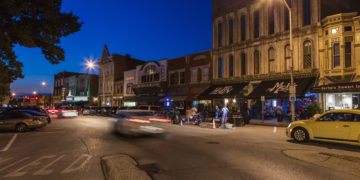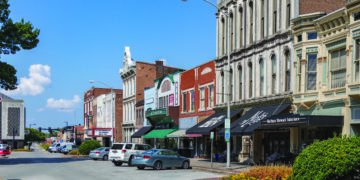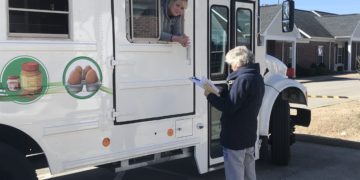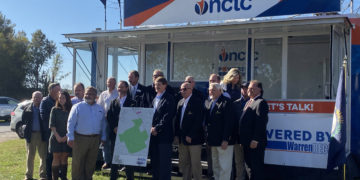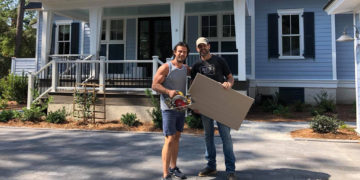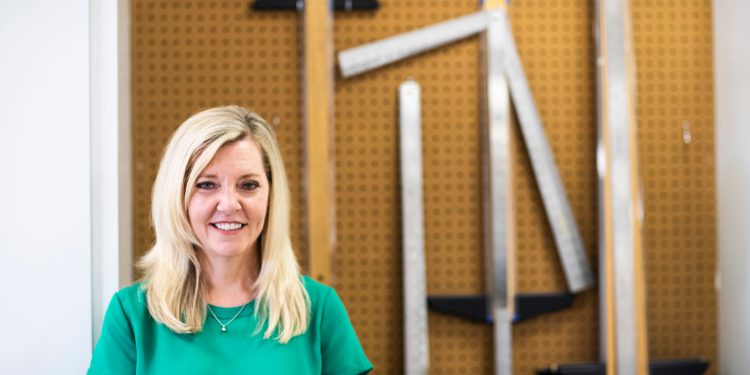As far as Carrie Cox is concerned, hope never goes out of style, no matter what life throws at her.
A fashion merchandising professor at Western Kentucky University, Cox was diagnosed with multiple sclerosis in 1996—and then breast cancer in 2016. Throughout her struggles, she has held onto hope every step of the way.
“We’re called to do hard things. We can cower and make excuses and stay in bed, or we could miss the blessing of being brave.”
When the left side of her body went numb after the birth of her daughter in 1996, Cox underwent a number of medical tests to find out that she had multiple sclerosis. It became a 12-year battle until she and her doctor found a medicine that stabilized the disease. She’s been stable for about 10 years and was able to donate her walker, cane and IV pole a few years ago.
Seven years ago, she took up running.
“I never ran in my whole life,” she says. “I ran a mile in PE when I was 14 because I had to. Then I turned 44.”
For several years, she would run nine miles a week. Since her breast cancer diagnosis, running has taken a back seat to recovery, but she hopes to hit the pavement again one day.
That’s the thing about Cox. She carries on through hope, even when the chips are down.
In 2015, she was commuting from her home in Murray to her job in Bowling Green at WKU. She and her husband Steve had just purchased a house in Bowling Green—the same day she underwent a biopsy, not knowing what the results would be.
She received the call on a Thursday night. The breast cancer had reached her lymph nodes. On Friday, she told her husband, “We can’t buy that house. I don’t know what you got to do, but we can’t buy a house. We have no idea what the future holds.”
“Then God intervened and said, ‘This is your plan; stick with it.’ And 30 seconds later, I told my husband, ‘Go get my house.’ You can say ‘no’ because you’re fearful or you don’t know the unknown, or you can say, ‘God has a plan for this.’ And that house is going to bring blessings, and this job is going to bring blessings and, if you say ‘no,’ you might miss the blessing.”
Their home has truly been a blessing, as it has been the perfect place for Cox to recover from her surgeries. She is only an hour from Nashville where many of her doctor appointments are, and she no longer has to commute from Murray to her job at WKU, a job she loves despite her fears.
“I never wanted to teach,” she said. “I wanted to do museum work. The hardest part about taking this job was the public speaking. For the first year, I would pray, and God was like, ‘Just put one foot out from under the covers.’ And He would coax me to standing and walking down the hall. I would think of every excuse every day to get out of teaching and I would come home every day and say, ‘I loved it.’ And I love it.”
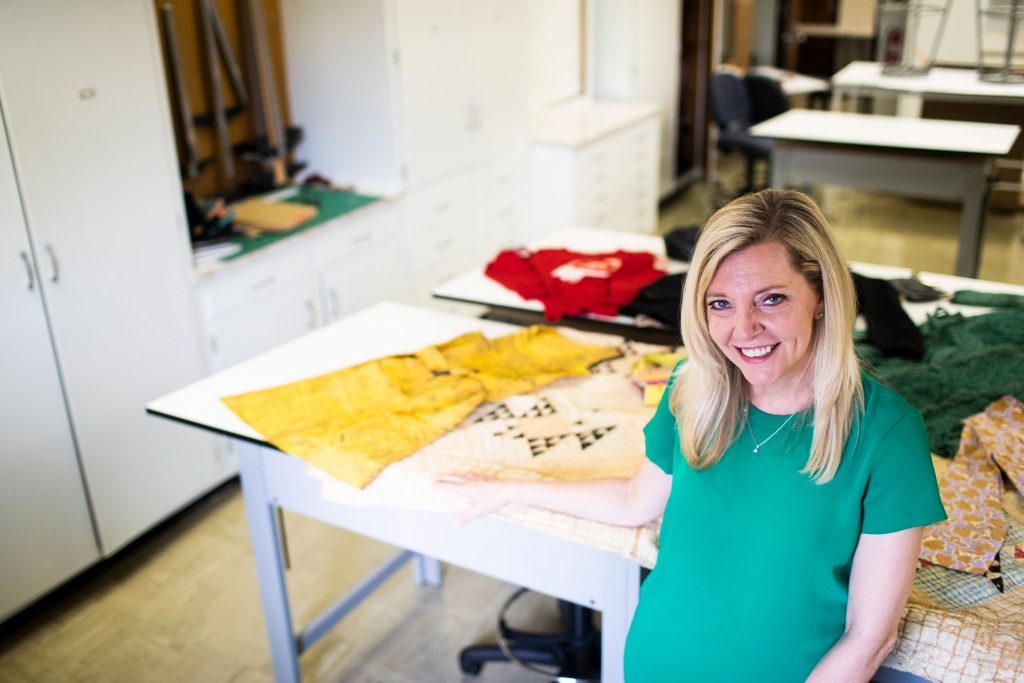
It is obvious that Cox cares for her students. The summer before her second year of teaching, she underwent two surgeries for her breast cancer. She went into her classroom not knowing what was going to happen, but knowing that her students would be a part of her recovery.
“I didn’t know if I was going to have to have chemo or not. I had to stand before my class and tell them what I had been through, and say, ‘In three weeks, I may not have hair. So you’re on this journey with me now.’”
She underwent radiation, only missing one day of work. For Cox working is more cathartic than resting. Since teaching at WKU, she has presented at a conference every semester and is working toward publication.
Cox’s faith has carried her throughout her life and through the challenges she has faced.
“My mantra was, ‘I’m so thankful I’m not alone.’ And I just really felt God’s presence. He never left me alone. He’s got me. … The MS, the breast cancer; it isn’t me, it’s the disease I have. It’s not going to define me.”
Cox credits her faith for giving her the strength to carry on, as well as her family and friends, and her husband of 27 years who was an integral part of her journey.
“He took care of me and delivered me to every appointment and surgery. He is amazingly supportive,” she said. Their daughter Lauren was also supportive through her journey, and prayed for her. She was not always available to be there in person, but they kept in close touch, thanks to technology.
For those facing similar diagnoses, she recommends doing research and finding a doctor that respects and treats their patients fairly.
“I think there’s short-term hope, but I think we get eternal hope. We can hold onto hope. I think there are blessings here that we don’t know, but we can hold onto it, and that’s what keeps me positive.”


